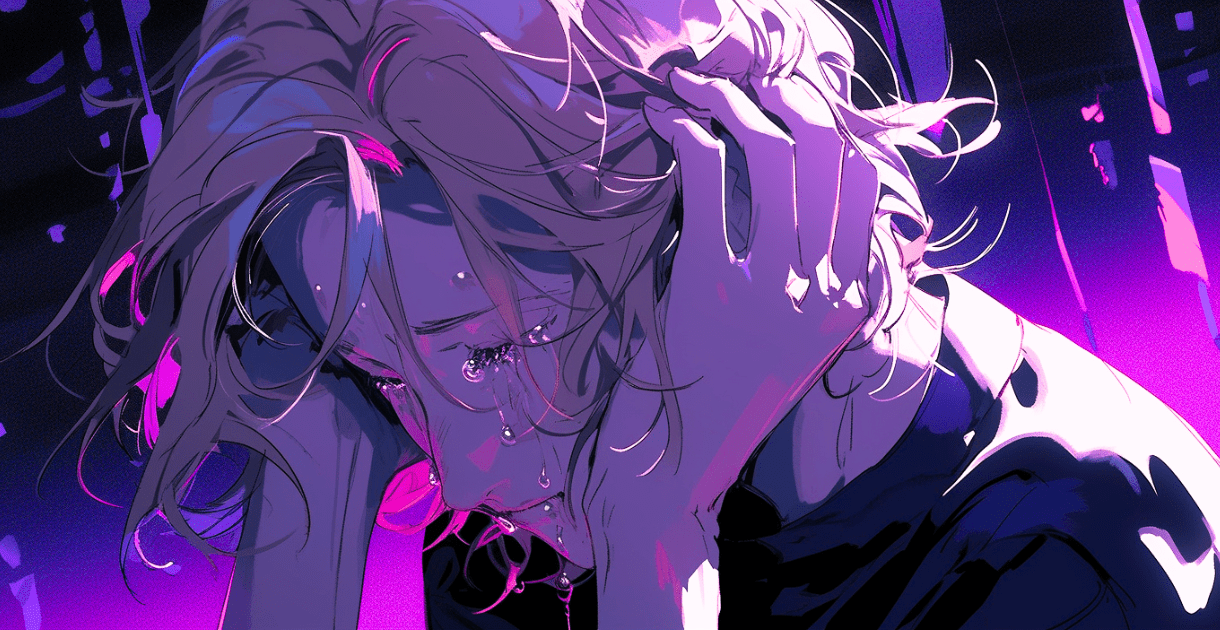Try this One Simple Method to Heal from Shame
If we are committed to the path of healing and personal transformation, then somewhere along our journey, we will encounter shame. Shame can present itself in a variety of ways and is often carried throughout our life, beginning with our childhood. It is then added upon with choices and actions we make that pile more feelings of shame upon us. Unresolved shame often leads to addictions of all kinds and can quickly cause someone to spiral out if not dealt with lovingly.
Shame is different from guilt, as guilt is feeling bad over a choice or action that causes harm, whereas shame is an internal feeling that we are simply a bad person and flawed in some horrible way.
Dr. Brené Brown put it very succinctly when she said, “Guilt=I’m sorry. I made a mistake. Shame=I’m sorry. I AM a mistake.”
I was 40 years old when I came face to face with the unresolved shame that was blocking any further growth. I had to come to terms with knowing that because of my unhealed childhood trauma, I had attracted a monstrous abusive man into my life (again), that I allowed into our world, and who traumatized us for years.
In the past, I had overcome shame from past moronic deeds done out of desperation and unhealed wounds by realizing that I was a broken and damaged person and was influenced by a variety of shadows and fear-based patterns of thought. I had forgiven those old versions of myself because I knew I could never be that person again.
However, this new shame was AFTER I had started my healing journey, it was AFTER I had learned what the Law of Vibration was, and I had been working on healing my trauma and becoming a better person for years!
I had to really look at and become aware of my culpability in attracting such a monstrous person into our lives. I had to understand how I could have been so blind and allowed myself to become a victim again.
This was much, much harder.
Looking back on that process, I think the most powerful part of healing my shame was allowing grief to well up to the surface and be expressed fully. I allowed myself to REALLY grieve for myself and my kids. I sobbed and wailed and let all of the bottled-up emotions out over the horrors we had endured and my involvement in them until there was nothing left to cry about.
After I had released all of that grief, I went to my children, one by one, and spoke to them about how sorry I was that I had not known better or been healed enough to recognize what kind of man my ex-husband was. I asked for their forgiveness and promised them that I would continue healing so that something like that could never happen again.
Each one of them forgave me, and by taking responsibility for what had happened, they had a newfound respect for me. All of our relationships grew stronger after that pivotal moment.
When we keep shame bottled up, it breeds and grows and takes over our inner narrative until we feel crushed by the weight of it. If we are vulnerable enough and operate from a place of self-compassion, we can look at it head-on, in all of its madness, and FEEL our way through it to the other side.
Then we will feel brave enough to share our shame story with the person or people that need to hear it in order for us to finally silence the shame forever.
A key ingredient, I feel, when dealing with deeply embedded shame is to take responsibility for our part. It is very easy to pass the blame on to the abuser or antagonist of the situation (if there is one). However, this leaves us forever as a victim and unable to truly move through our feelings of shame.
If we can truly analyze our actions from a place of self-love and non-judgment, we will find that somewhere along our path, we allowed the abuse to happen, we gave our power away, and let someone else dictate our path. That can be a hard realization to take in and often triggers unhealed people who lash out about the pain that their abuser caused. And let me be clear, I am referring to adults – not children. Childhood trauma is never our fault and is treated in a different way.
It may take time to accept that we all play a part in our story, no matter how gruesome. The path from victimhood to victor is often fraught with pitfalls of all kinds, but in the end, if we are able to find the role we played in our story, we can close the chapter and start a new one; free from those past energies of victimhood and be confident they won’t carry over into our new chapter.
Grief is a powerful tool that is often unused. We must grieve for the roads not taken, the choices not made, the safer path we missed, who we could have been, etc. Grieving is an incredible release that clears the illusion away and allows us to see our shame clearly so it can be dealt with lovingly.






